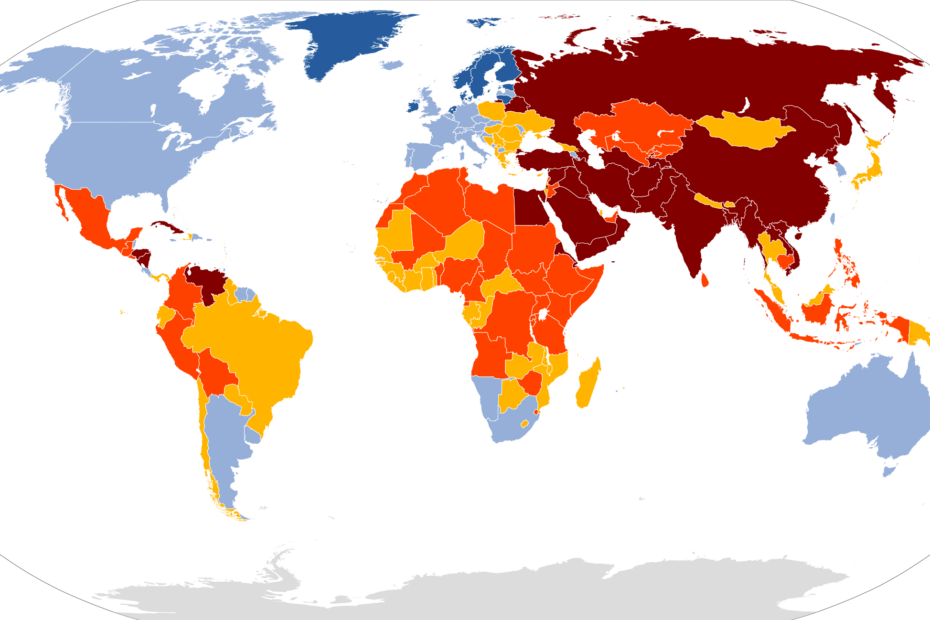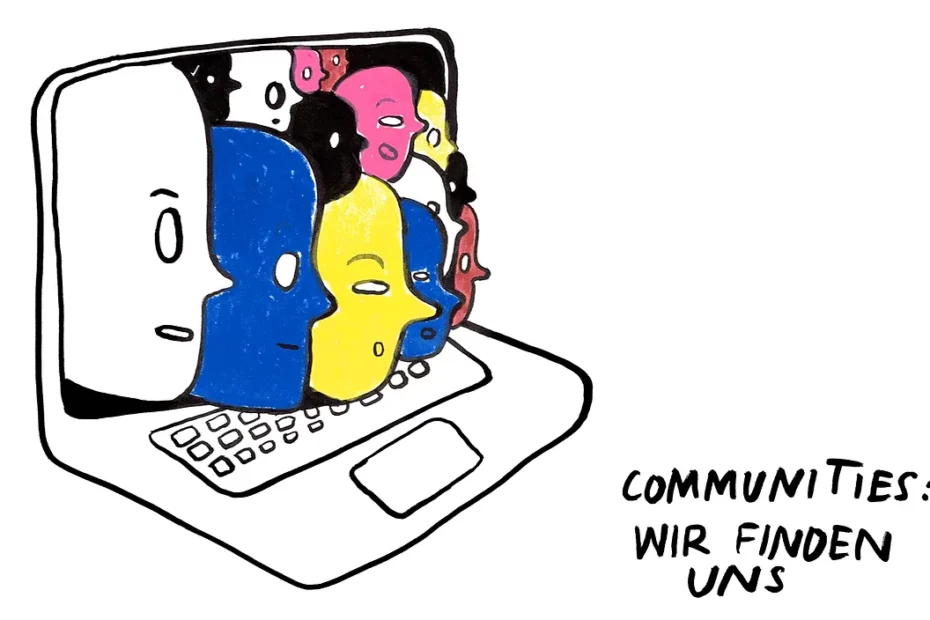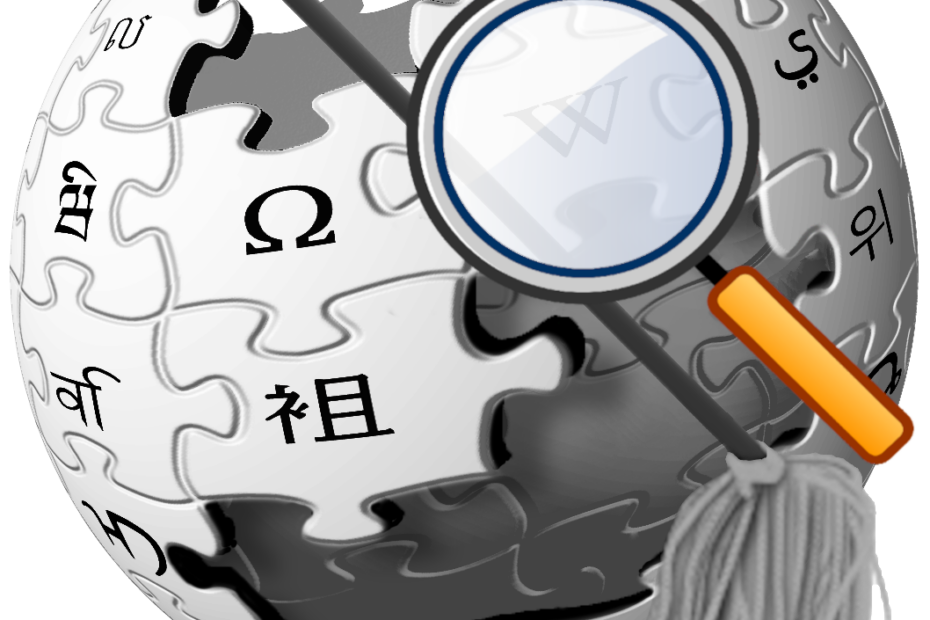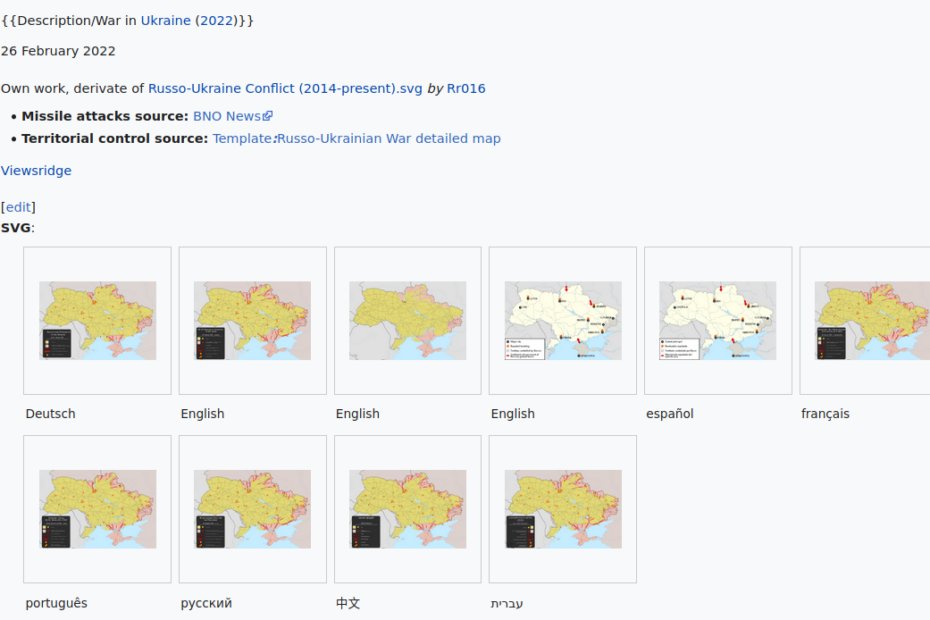Since the advent of online platforms, which allow users to openly share content, the structure of the public sphere has been transformed. Until just a few decades ago, we were used to the fact that a significant part of public discourse would take place in publicly-owned and publicly-controlled spaces, be it town squares, parks, city halls, cultural establishments or public broadcasters. In the digital world, what we think of as public spaces are actually mostly private, for-profit, and/or data-guzzling platforms and services. The only very large online platform that is not-for-profit and is maintained by a thriving community of users is Wikipedia. This gives people on the internet agency and empowers them. We believe that the huge dominance of the for-profit, data driven model is a main reason for the greater vulnerability that our societies are experiencing in terms of polarisation, disinformation, and hate. We are confident that using versatile and diverse models of operation of online services and their underlying infrastructure will make society more resilient. It will make democratic, inclusive societies a harder target. For these reasons, we want a significant part of the online public discourse to take place on public or not-for-profit platforms, services, and infrastructure. To achieve the above objective, we suggest three areas of action. 1. Institutional Support Ensure funding for a network of publicly-owned and operated platforms that can host digital cultural heritage and public debates. Regardless of whether we are speaking of a regional museum, a small municipality, or public school, whenever these institutions and communities want to run a project online or share information, they rely on a few dominant, data-monetising services, even for the most basic action of hosting content. European digital hosting infrastructure for public service and cultural institutions is important for sovereignty and… Read More »Europe Needs Digital Public Spaces That Are Independently Moderated and Hosted














